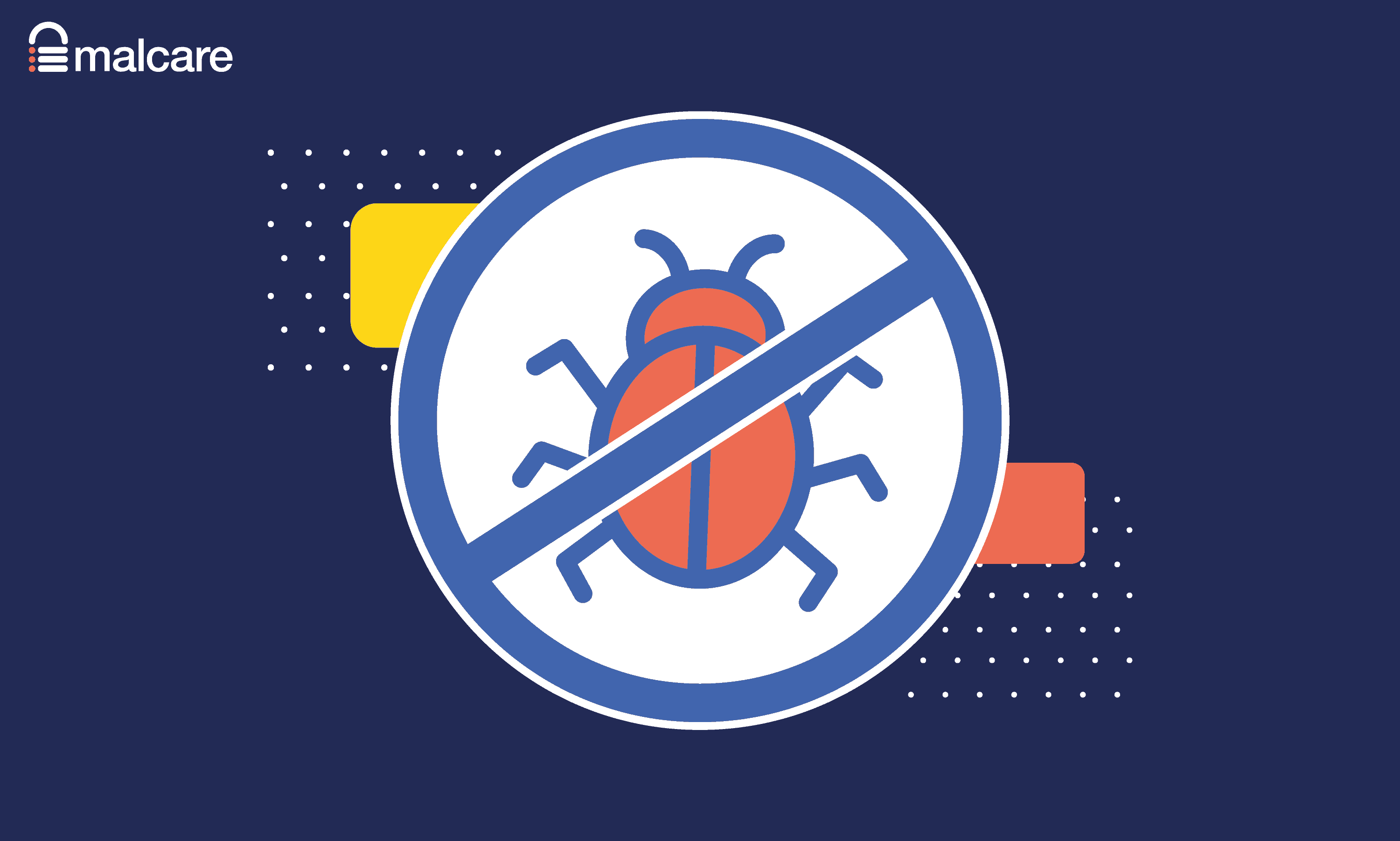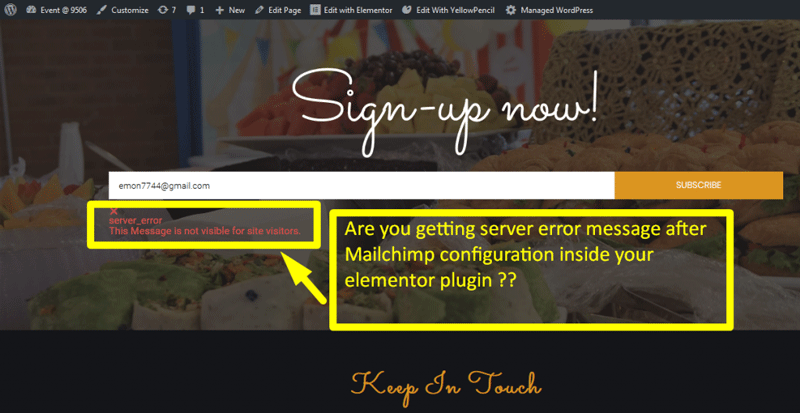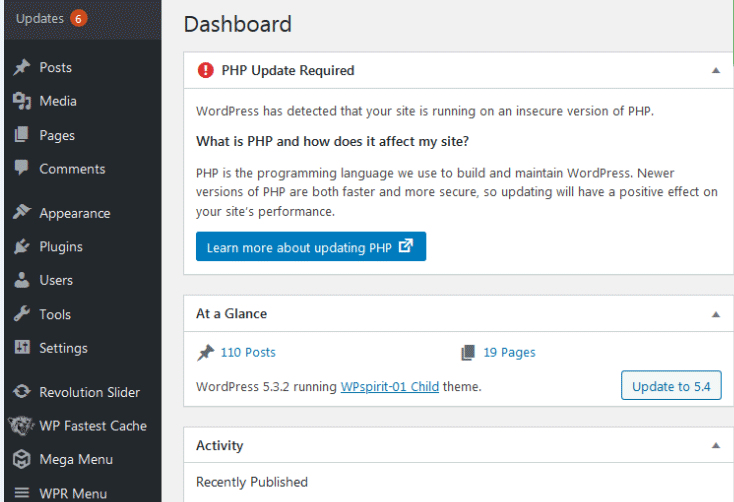WordPress malware removal plugins protect your website from malicious threats. They ensure your site remains secure and functional.
Malware can compromise your website’s security, leading to data breaches and loss of trust. WordPress malware removal plugins offer essential tools to scan, detect, and eliminate harmful code. They provide real-time protection and regular updates to keep your site safe.
By using these plugins, you can maintain a secure online presence and safeguard sensitive information. Popular options include Wordfence, Sucuri, and MalCare. They are user-friendly and integrate seamlessly with your WordPress site. Investing in a reliable malware removal plugin is crucial for website security and peace of mind.
Common Malware Threats
Viruses can harm your website files. Worms spread across networks quickly. Trojans pretend to be safe but cause damage. Spyware steals your data secretly. Adware shows unwanted ads on your site. Ransomware locks your data until you pay.
Your website loads slowly. Users see pop-up ads. Unknown files appear on your server. Search engine rankings drop. Visitors get redirected to other sites. Unusual activity in server logs. Security plugins send alerts.

Credit: www.malcare.com
403 Error WordPress Malware
Choosing A Plugin
Selecting the right WordPress malware removal plugin is crucial for website security. Ensure the plugin offers real-time protection and automatic updates.
Key Features To Look For
Real-time protection is very important. It helps to detect malware instantly. A good plugin should offer automatic updates. This keeps your site safe with the latest security patches. User-friendly interface makes it easy for beginners. Comprehensive scanning is also crucial. It should scan all files and databases for threats. Detailed reports help you understand the issues better. Customer support is a valuable feature. It ensures you get help when needed.
Comparison Of Popular Plugins
| Plugin Name | Real-time Protection | Automatic Updates | Comprehensive Scanning | Customer Support |
|---|---|---|---|---|
| Plugin A | Yes | Yes | Yes | 24/7 |
| Plugin B | No | No | Yes | Email Only |
| Plugin C | Yes | Yes | No | 24/7 |
Installation Guide
Easily install a WordPress Malware Removal Plugin by downloading the plugin from the repository. Activate it through your dashboard to secure your site. Follow the on-screen instructions for a seamless setup.
Pre-installation Steps
Always backup your WordPress site before installing new plugins. Update your WordPress to the latest version. Check your server requirements to ensure compatibility. Disable any conflicting plugins that might interfere. Clear your website cache to prevent old data issues. Review the plugin documentation for specific instructions.
Step-by-step Installation
Log in to your WordPress dashboard. Go to the Plugins section and click Add New. Search for the Malware Removal Plugin. Click Install Now and wait for the installation to complete. Click Activate to enable the plugin. Go to the plugin settings to configure it. Run an initial malware scan to ensure your site is clean.
Configuration Tips
Start by installing the plugin from the official WordPress repository. Then, activate the plugin through the ‘Plugins’ menu. After activation, a new menu item will appear in your dashboard. Click this menu item to access the plugin settings.
First, set up automatic scans to check for malware daily. Enable email notifications to stay updated on any threats. Configure the plugin to automatically remove detected malware. Customize the scan depth based on your website needs. Ensure real-time protection is enabled for immediate threat detection.
Running A Scan
Open your WordPress dashboard. Go to the plugin section. Click on the malware removal plugin. Find the scan button. Click the scan button to start. The scan will look for malware. It might take a few minutes. Be patient and wait.
Once the scan is done, check the results. The results will show any issues. Look for words like “infected” or “clean”. Infected files need attention. Clean files are safe. Follow the plugin’s advice to fix issues. Always back up your site before making changes. This keeps your data safe.
Post-scan Actions
After a scan, the plugin shows a list of threats. Delete or quarantine each threat. This step is crucial to keep your site safe. Always double-check before removing files. Some files might be important. Create a backup before making changes. This ensures you don’t lose important data.
Update your plugins and themes regularly. Strong passwords are essential for all user accounts. Use a firewall to block malicious traffic. Enable two-factor authentication for added security. Regularly scan your site for new threats. This helps keep your site safe and secure.
403 Error WordPress Malware
Maintaining Security
Regular updates keep your website safe. Hackers can exploit old software. Always update your plugins and themes. This helps to fix bugs and vulnerabilities. Back up your site before updating. This ensures you can restore if something goes wrong. Use a reliable backup plugin. Make updating a habit.
Strong passwords protect your site. Use a mix of letters, numbers, and symbols. Change passwords regularly. Avoid using the same password for different sites. Enable two-factor authentication for extra security. Limit the number of login attempts. This helps prevent brute force attacks. Install a firewall plugin to block malicious traffic.

Credit: blogvault.net

Credit: jetpack.com
Frequently Asked Questions
How To Remove Malware From WordPress?
To remove malware from WordPress, install a security plugin like Wordfence or Sucuri. Scan your site for threats. Delete infected files and update all themes, plugins, and WordPress core. Change your passwords. Regularly back up your site and maintain ongoing security monitoring.
What Is The WordPress Plugin For Malware Detection?
The Wordfence Security plugin is popular for malware detection in WordPress. It offers real-time threat protection. Consider Sucuri Security as another effective option. Both plugins help safeguard your site from malicious attacks.
Is There A Free Virus Plugin For WordPress?
Yes, there are free virus plugins for WordPress. Popular options include Wordfence and Sucuri Security. They offer basic protection features.
How Do I Scan My WordPress Site For Malware For Free?
Use a free plugin like Wordfence or Sucuri to scan your WordPress site for malware. Install, activate, and run the scan.
403 Error WordPress Malware
Conclusion
Protect your WordPress site with a reliable malware removal plugin. Keep your data secure and maintain site performance. Choose a plugin with real-time scanning and automatic updates. Ensure your website stays safe from malicious threats. Invest in a trusted solution for peace of mind and seamless website functionality.


